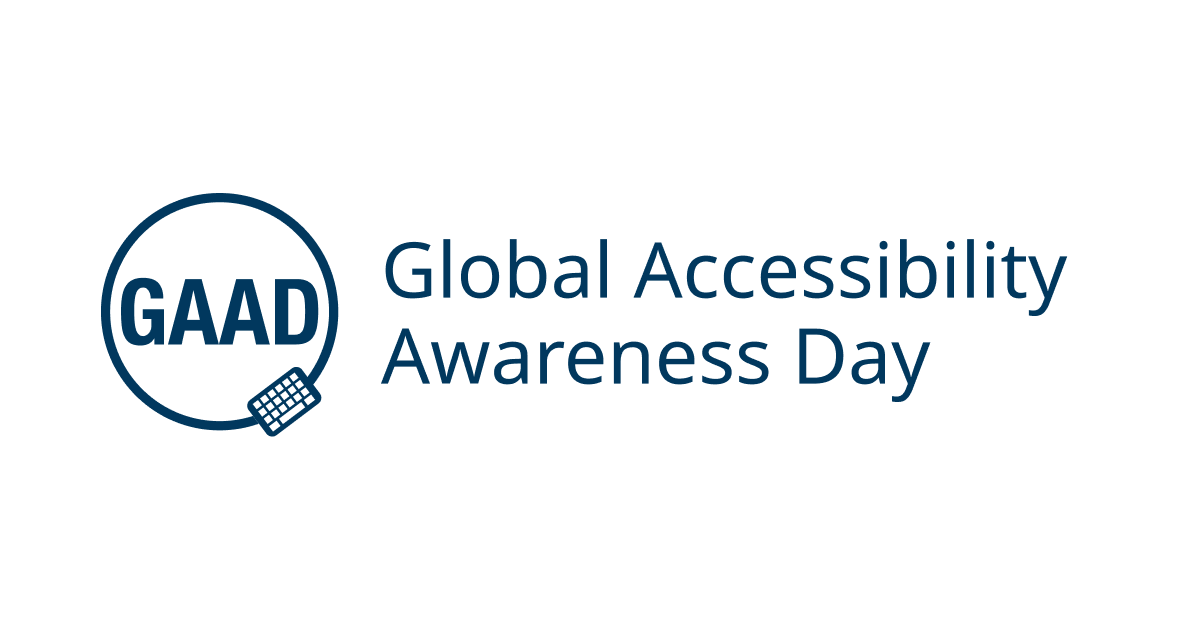 @smallcirclesjust small circles 🕊
@smallcirclesjust small circles 🕊
Well, the obvious analogy in an offline context is "customer", which is equally generic and can fall prey to the same problem.
Not having a clear idea of your audience is certainly a problem. On the other hand, you may have two or more audiences in mind, who may or may not overlap in demographic, but who do overlap in their use of your software.
Where they're distinct, or there's functionality intended for one specific group, then absolutely it makes sense to refer to lawyers, or plumbers, or whoever they are.
Projecting your own needs doesn't seem like a bad thing to me, if you're a member of that audience. It's just a problem if you stop there, yet still expect others to use it. That's when you need to either re-evaluate who it's for, or get over yourself.
Sorry about the rambling response, but I'm exploring this space a little more explicitly than I had in the past, but it's brought me to what I think is the crux of the issue: arrogance vs humility.
Arrogance is a problem not readily solved with a change in terminology, though I'll grant that it can be a prompt down the right path.
Humility is the solution.
 @stevenbodzinS Bodzin, Real American 🇺🇸
@stevenbodzinS Bodzin, Real American 🇺🇸
































